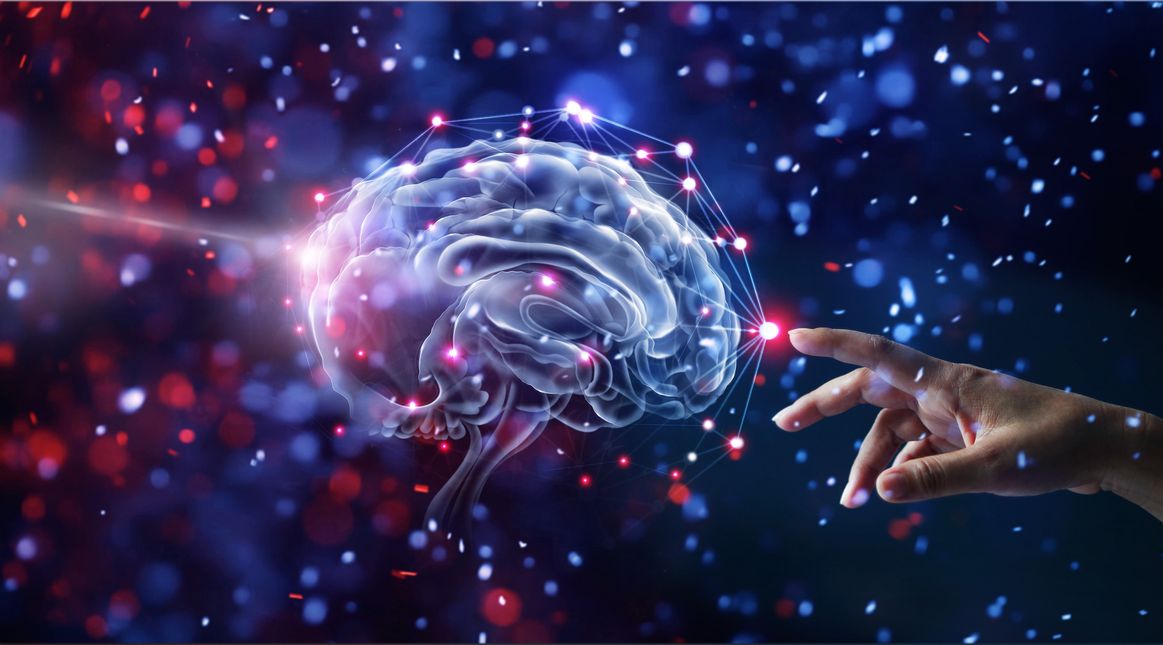What Is Transcranial Magnetic Stimulation? (TMS)
TMS is an FDA approved, non-invasive treatment for adults who suffer from major depressive disorder and who have failed to find relief from anti-depressants. TMS has also shown positive results for OCD, PTSD, and substance abuse. It is an office procedure where magnetic pulses target the prefrontal cortex of the brain.
Most patients require 30 to 40 treatments to emerge from depression, spanning over 4 to 6 weeks. The treatment lasts about a half hour. It has few side effects, allowing patients to resume their normal day, going to work, to school, etc.
In terms of side effects, sometimes patients experience a mild headache after the first couple of treatments. There is a rare risk of seizures that occurs in about 1/10,000 treatments and is more common in someone with a history of seizures.
When is TMS used?
TMS is used when advised by your psychiatrist, usually after more traditional forms of treatments have failed and/or could not be tolerated.
Before treating your depression with TMS, your psychiatrist will discuss the possible benefits of treatment and explain to you what you may experience.

How does TMS work?
TMS uses transcranial magnetic stimulation to target key areas of the brain that are underactive in people with depression. It is not ECT (electroconvulsive therapy).
While the exact cause of depression is not known, the leading scientific theory is that it is caused by an imbalance of the brain’s neurotransmitters, which are chemical messengers that send signals between brain cells.
During a treatment session, a magnet similar in strength to that used in a magnetic resonance imaging (MRI) machine is used to stimulate nerve cells in the area of the brain thought to control mood. These magnetic pulses may have a positive effect on the brain’s neurotransmitter levels, making long-term remission possible.
‘A new design of magnetic helmet has also been developed to treat OCD’
The magnetic field makes the brain cells more active and strengthens the connections between them—similar to how exercise makes muscles stronger. TMS “exercises” the region of the brain known as the left dorsolateral prefrontal cortex, or l-DLPFC. The DLPFC is part of a brain network involved in promoting and suppressing emotion. Its job is to help the conscious, thinking part of the brain oppose the depressed feelings coming from deeper within the brain. As the DLPFC becomes stronger, depression is reduced.
What to Expect from TMS therapy?
Before Treatment
- You’ll settle comfortably in the treatment chair
- A cushioned helmet will be positioned lightly on your head
During Treatment
- BrainsWay delivers focused magnetic stimulation directly to the target areas of the brain
- You’ll hear a clicking sound and feel a tapping sensation on your head
After Treatment
- You can resume normal activities immediately
- Because there are no effects on alertness or memory, you can drive yourself to and from treatment sessions
In-office treatment takes 20-40 minutes and is administered 5 days a week for approximately 4-6 weeks.*
FAQ
Is TMS Therapy uncomfortable?
We take every precaution to begin our pulses at the lowest possible intensity while increasing it as necessary, depending on how the brain responds to the magnetic pulses
Is TMS right for me?
If you suffer from Major Depression and/or OCD and have not found a satisfactory treatment with antidepressant medication, TMS may be the next best step for you.
Does TMS cause memory loss?
No, there is no memory loss known to correspond with TMS therapy.
What are the side effects of TMS Therapy?
TMS is well tolerated and associated with few side effects. The most common side effect is experiencing headaches after the first two or three treatments. This is because the brain is not used to experiencing targeted magnetic pulses. After the first week of treatment, however, the vast majority of patients stop experiencing headaches.
“Unlike traditional medication, TMS will not cause side effects like gastrointestinal upset, dry mouth, sexual dysfunction, weight gain, or sedation.”
Make an Appointment Today
We have daytime and evening hours available to make scheduling an appointment easier for you. We accept most major insurance plans. Contact us today for an appointment.
Benefits of TSM
HIGHLY EFFECTIVE: COMPLETE REMISSION IS COMMON
Over 100 clinical research studies have shown that TMS therapy can significantly reduce depression symptoms even for the most severe cases. Most patient notice dramatic improvements in their symptoms after about 4 weeks of daily treatments. TMS therapy has shown to be more effective than medications for depression, and has very few of the many negative side effects of antidepressant medications.
CONVENIENT LOCATION IN DEDHAM
Located in downtown Dedham, adjacent to Route 1 and 5 minutes from Route 95. We also offer evening hours to make it easier to schedule your appointments around your work schedule.
SAFE & VERY HIGH TOLERABILITY
TMS therapy has been FDA-approved since 2008, and there have been over 2 million treatments given to date. TMS therapy is non-invasive, and only involves a cushioned helmet being placed on your head for about 20 minutes a day. The safety of TMS therapy has been confirmed not only by the FDA, but also in over 100 clinical studies. Since TMS therapy doesn’t involve the ingestion of any chemicals or anesthesia, it doesn’t have any of the negative side effects that are common in antidepressant drugs (nausea, low libido, upset stomach, bloating, etc.) or ECT (cognitive complaints, memory problems ,etc.). TMS therapy has no known lasting side effects.
TMS IS COVERED BY MOST INSURANCES
SHORTEST CLINICALLY PROVEN TREATMENTS
BrainsWay’s treatment sessions last just 20 minutes, saving time for both patient and provider.
LET'S WORK TOGETHER
For Registration, scheduling, and billing questions please call us at 781-407-7770